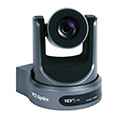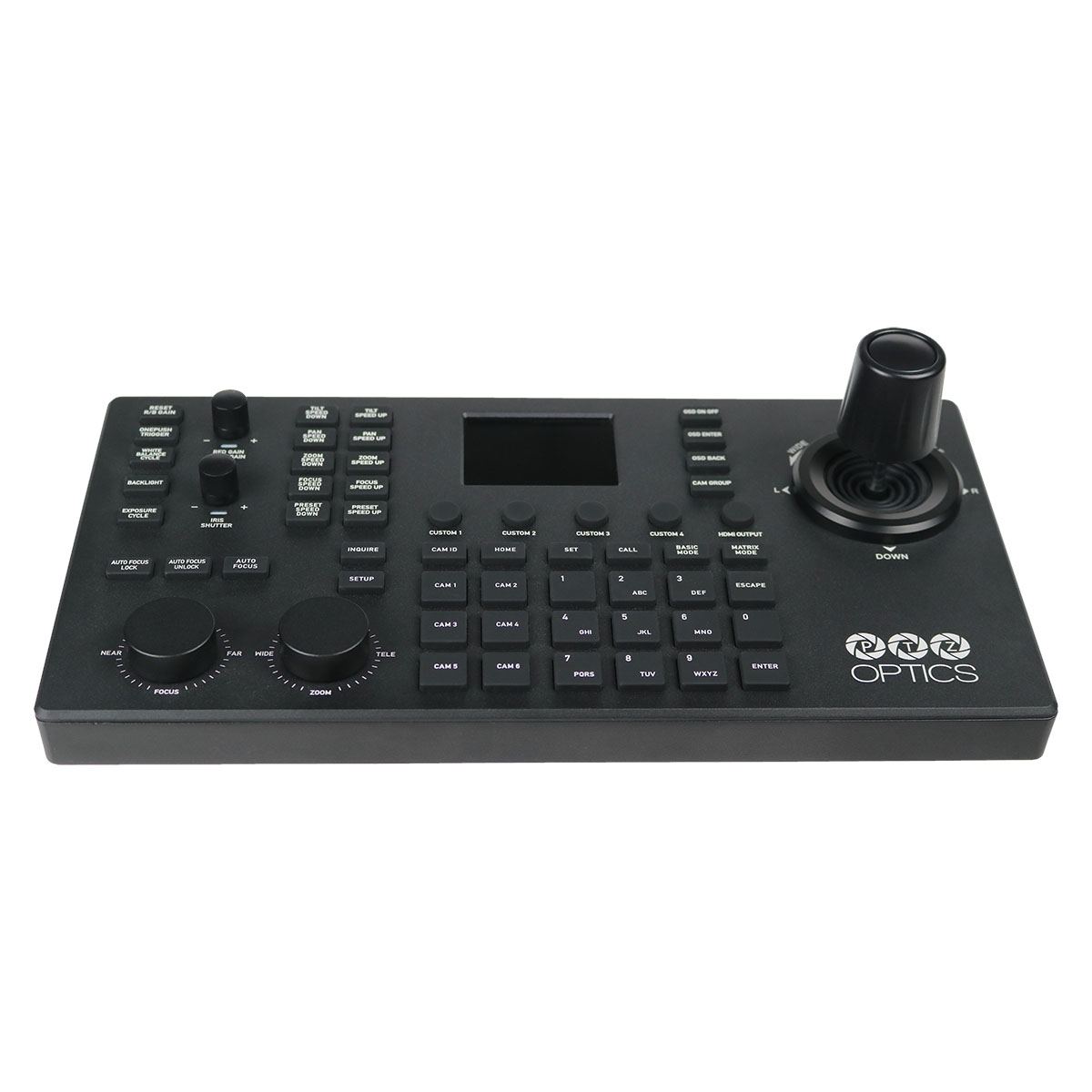The Virtual Ticket Book Published!
This week everyone is talking about The Virtual Ticket. The Virtual Ticket is a new book all about hosting private live streams and virtual events. During a time when many events have been canceled due to the coronavirus outbreak, live streaming has become a saving grace for communications. The book is written to help event planners learn how to offer virtual ticket experiences to online attendees. After years of research, author Paul Richards decided it was time to outline the best practices for live streaming private events. An online course for hosting private live streams was made available in 2017 and has been updated here. The Udemy course Private Live Streaming has been very popular and The Virtual Ticket is now used as a companion to the online training course.
The Virtual Ticket Online Course Components
The online course included with the Virtual Ticket helps viewers understand what it takes to plan to promote, sell and put on a virtual ticket experience. It starts by reviewing how to host an engaging virtual event. Then the course and book review how to generate revenue through live streaming. The next component involves event management and planning for adding a virtual ticket experience to an existing event. Finally, the book reviews the nuts and bolts required for live streaming an event and innovations in the industry you should know about.
- Hosting Engaging Virtual Events
- Generating Revenue Through Live Streaming
- Event Management & Planning
- Innovation & Mindful Thought Leadership
Below is an outline of what you will learn by reading The Virtual Ticket. Did I mention you can get a free copy here?

Virtual Ticket Course Overview
-
How to host a virtual event
- Size of the events industry
- Events break through the clutter
- Virtual tickets save the day
- Understanding an audience
- Real-time experiences
- Value Experience Diagram
- Diversify revenue streams
- Live broadcast translations
- Take your event global
- Types of major events
-
How to sell virtual tickets
- Virtual Ticket Price vs On-demand ticket price
- Customer Virtual Ticket Process
- Scalability of virtual tickets global
- Make any conference more profitable
- People at home are able to watch the event in their pajamas
- Virtual tickets are convenient
- Conferences that have a lot of things going on. The only way to watch everything is by watching on-demand recordings
-
Case Studies: Selling Virtual Tickets
- NAB Show Las Vegas
- This type of production value is ideal for large conferences with thousands of attendees
- IRL (In Real Life) streaming
- The StreamGeeks Summit
- A full day of live streaming education
- over 250% more virtual tickets were sold than in-person tickets
- 2020 Worship Summit
- This event also included a live face-to-face zoom video conference
- This was an all-digital summit
-
How to host a private live stream
- The value of a ticket sold is only as good as the event that you host and deliver
- live stream your event in a way that engages viewers’ senses
- Depending on the ticket price and the value you are attempting to deliver
- The money value of time chart
- Event Streaming Process
- Instagram influencers, people pay for close friend status
- Patreon pays out over 1 billion dollars to creators
- Vimeo helps creators sell video content
- Facebook groups help managers build online communities
- Twitch streamers are making millions of dollars
- Common paid virtual experiences
-
Event Planning For Online Audiences
- Events, regardless of their size, are complex things to manage
- This may be why so many amazing events are unable to add a live streaming element
- It’s very common for event planners to become overwhelmed
- Selling virtual tickets is one thing, accommodating a live online audience is another.
- event-planning is crucial
- Event management software
- Learn the basics of applying a project management approach to event planning in order to properly add a virtual attendee experience to your event
- By applying project management knowledge and skills to event planning, you can more easily add live streaming and virtual ticket sales to your event
- Changing consumer demands now require any competitive business to create experiences for their customers
-
Designing a Virtual Ticket Experience
- A Virtual Ticket should allow customers the ability to seamlessly access your event from anywhere with an internet
- The Traditional Way: The event is held at a brick-and-mortar location (hotel, concert hall, etc) and people must be physically present at the venue to be part of the event.
- The Virtual Event: The event is completely online. 100% virtual events have no physical venue. These events are live-streamed in a studio or other locations and people view the sessions online.
- The Hybrid Event: A mix of traditional and virtual. Although the event is held at a physical location, people can participate remotely by logging into the online streams.
- Virtual Ticketing: Common Fears & Objection
-
Why People Attend Events
- Ticket Options Value vs Convenience
- Designing your experience
- Experience stages
- Value Experience Diagram
- Atmosphere
- Gamification
- Professional Development
- Networking
- Business Opportunities
-
Monetizing The Live Stream
- Website payment workflow
-
Virtual Event Ticket Pricing Structure
- Basic economics tells us that a perfect product price does exist
- when supply and demand meet in a place economists call the “equilibrium.”
- Observing the law of supply and demand, in-person and virtual ticketing have one fundamental difference
- In-person tickets have a limited supply and virtual tickets have an unlimited supply
- Increased profits can be achieved when ticket price and demand rise together
- The goal for ticket pricing is to reach an equilibrium between price and demand
- Even though virtual tickets have an unlimited supply, suppliers still must find the perfect price to reach equilibrium.
- Ticket type comparison charts
- Tiered Levels for Tickets
- Categories of virtual access
- Paid and Discounted pricing strategy chart
- Live stream promotional strategies
- Preparing Your Event for the Live Stream
-
Event Goals & Objectives: Why Is The Event Important?
- Determine the business problem your event will solve
- Perhaps your virtual ticket holders can ask questions during the presentation’s Q&A session
- Perhaps you can create a LinkedIn networking group to help encourage collaboration for members of your event.
- Budgeting
- Budget for audiovisuals
- Sponsor and partners
-
Important Venue consideration
-
Assembling Your Team And Finding Your Key Personnel
- Commitment and Reliability: Team members must have a stake in the success of the event. Event-planning is rife with uncertainty, so you want lots of stability in your team.
- Expertise vs. Availability: Sometimes you have to make a tradeoff between ability and availability. An expert who is unavailable is of no use to you.
- Able To Handle Pressure: Event-planners must think on their feet, be resourceful and respond with speed.
- Teamwork: An event planning team is all about synergy and teamwork. Try to build a team of people who complement each other.
- The Event Director: Oversees everything and is usually responsible for communicating with external partners.
- Creative Team: Various team members who are responsible for branding the event and producing its communication materials.
- Treasury: Oversees budget implementation and disbursement of funds.
- Operations and Logistics: In charge of transportation, supplies, venue management, crowd management, parking, security, etc.
- Technical Team: Manages technology aspects of the event; equipment setup, video, displays, sound, lighting, and power.
- Catering: Responsible for creating the menu, plus food preparation, delivery, and service.
- Marketing and Sales: In charge of promotions; social media, ads placements, dispatch of invitations, email, ticketing, etc. This may include PR (Public Relations) and the drafting of press releases. It’s important to make your event available to the press that may be interested in attending.
- Entertainment: The role explains itself. This may include a host for your online audience and live stream. This role could also include a host who keeps the flow of event moving in-between sessions.
-
Marketing Your Event Experiences
- WORK BREAKDOWN STRUCTURE
- The 100% Rule: It states that your Work Breakdown Structure must contain 100% of the tasks that are included within the project. In other words, no task can be excluded.
- Deliverable: This defines a specific product, outcome or service that must be created before any task listed on the WBS can be considered as finished.
-
Preparing Your Event for Live Streaming
- marketing for your event should be approached strategically
- Sure, you may be able to drive traffic to your event’s landing page, but is your call to action compelling enough to convert those visitors into paying customers
- The elevator pitch
- explain exactly your event will not be
- How do you garner enough attention surrounding the event to get people to buy tickets?
- Calculate your ROI for a ticket sold
- The Number One Factor: Know Your Event
- Event marketing chart
- All the bold chapter points
-
Venue Consideration
- Just follow all of the bullet points in book
- Mindful Video Production
- Innovation in Video Production, Conference and Content Delivery
- Putting the Fun Back in Fundraising
Conclusion

This book is a great learning resource for anyone thinking about live streaming an event that wants to sell virtual tickets. Careful consideration should go into planning events that are worth paying for. Learning how other innovative event planners are putting together live events is great for perspective. Download a free copy of this book at http://143.198.120.149/virtual-tickets


















